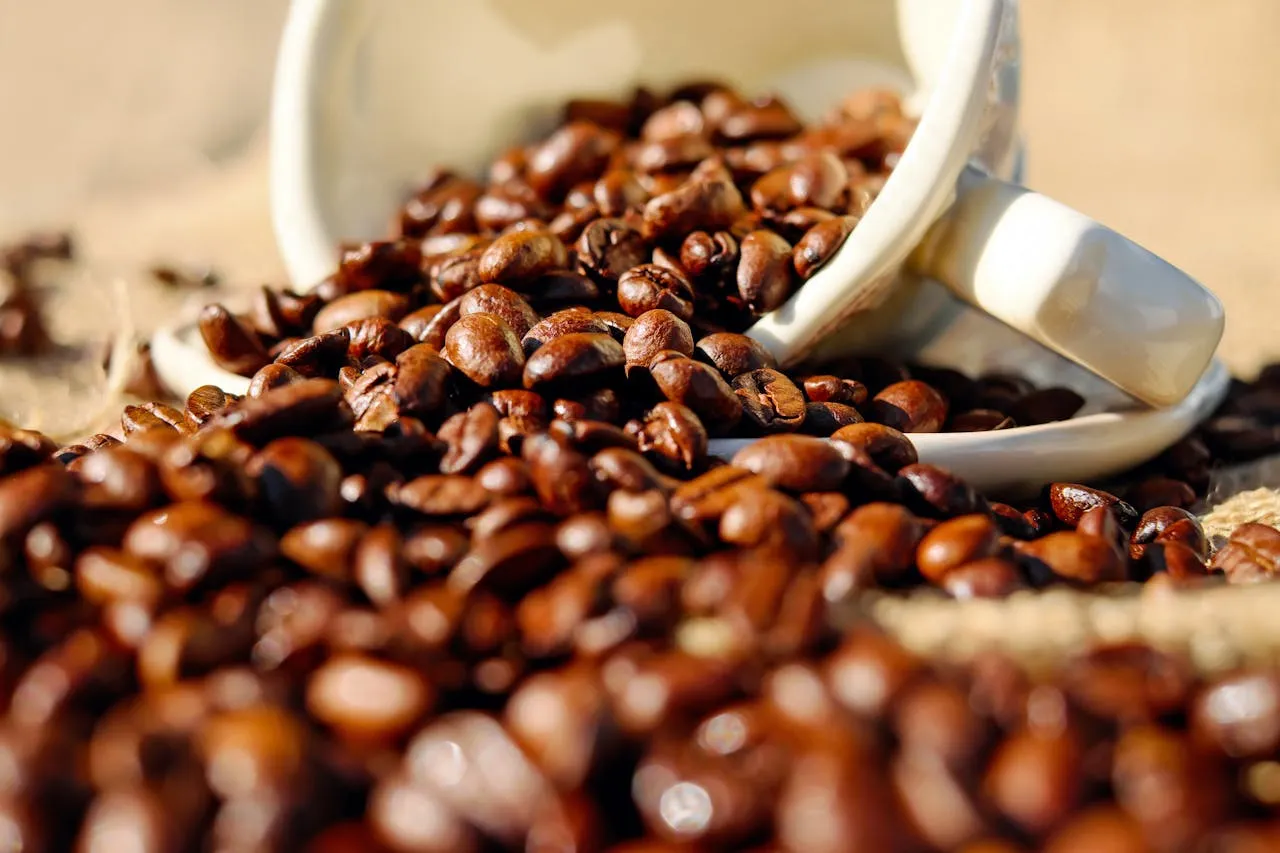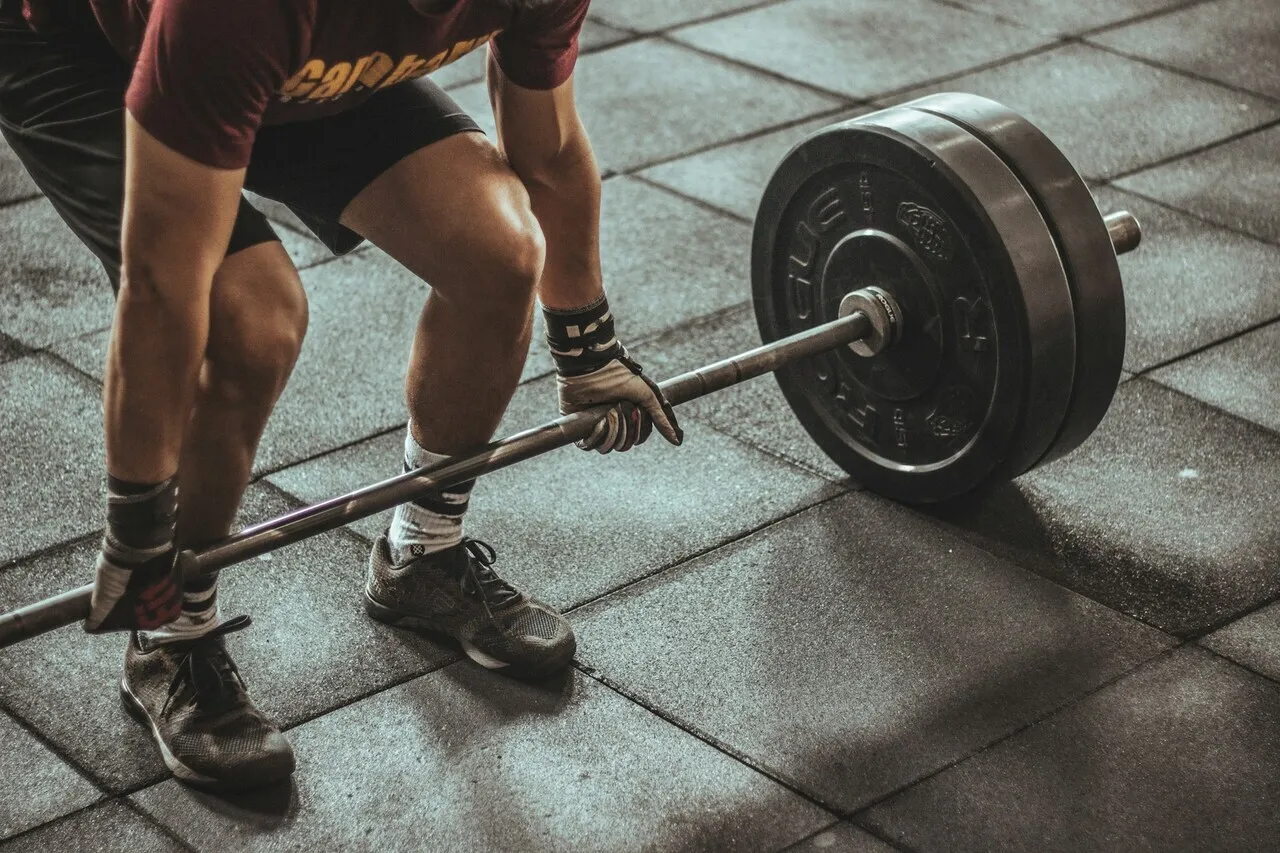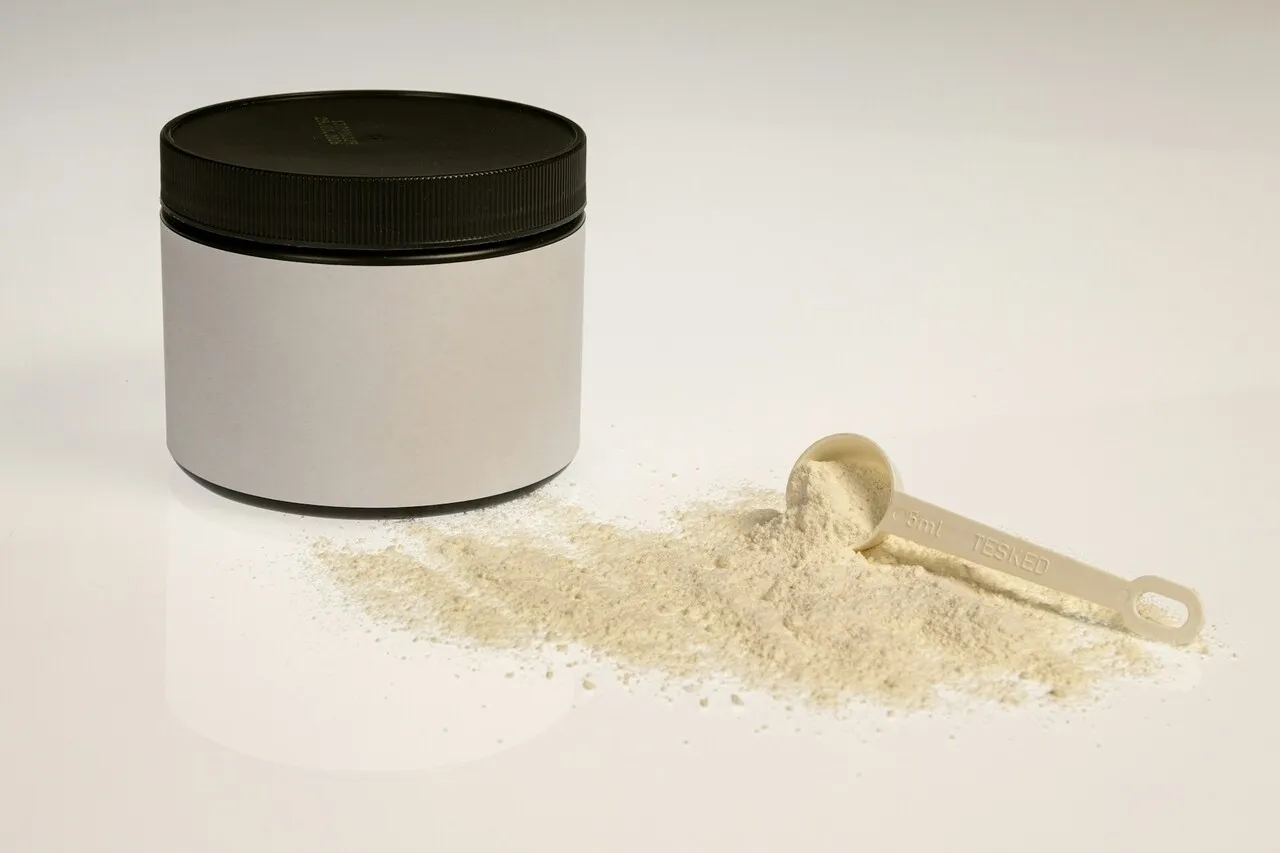 Thursday, December 12, 2024
Thursday, December 12, 2024Caffeine and Sports: An Insight into Science and Practice
Caffeine is one of the most widely consumed psychoactive substances globally and plays a significant role not only in everyday life but also in sports and fitness. The substance, found in coffee, tea, chocolate, and energy drinks, is appreciated for its stimulating properties. But how does caffeine specifically affect athletic performance, and what scientific insights are available on this topic?

The Effects of Caffeine on the Body
Caffeine primarily acts as a stimulant of the central nervous system. It blocks the adenosine receptors in the brain, leading to reduced fatigue and increased alertness. Additionally, caffeine has several other effects:
Enhanced Concentration: Caffeine can boost attention and cognitive performance.
Increased Fat Oxidation: It stimulates lipolysis, the process of fat burning, allowing fat reserves to be used as an energy source.
Delayed Fatigue: Particularly in endurance sports, caffeine helps delay exhaustion.
Improved Muscle Function: Studies show that caffeine promotes calcium release in muscles, potentially leading to stronger contractions.
- Increased Endorphin Production: Caffeine can promote the release of endorphins, reducing the subjective perception of effort.

Scientific Studies on Caffeine in Sports
The effect of caffeine on athletic performance is well-researched. Some key findings include:
A meta-analysis from 2020 showed that caffeine significantly improves endurance performance. Athletes who consumed caffeine could run or cycle longer distances before reaching exhaustion.
Studies on strength athletes suggest that caffeine can increase maximal strength and explosive power. It was observed that athletes could lift heavier weights after caffeine consumption.
In team sports like soccer and basketball, enhanced performance due to caffeine has also been noted, particularly in sprinting speed and decision-making.
Research on marathon runners revealed that caffeine reduces perceived exertion, helping athletes push their limits longer.
Recent studies indicate that caffeine can also enhance performance during interval training, such as that found in HIIT workouts.

Caffeine and Mental Performance
In addition to physical benefits, caffeine has a strong impact on mental performance. Particularly in sports requiring high concentration and quick decision-making, caffeine can be advantageous:
Better Decision-Making: In intense game situations, caffeine can shorten reaction times.
Reduction of Stress: Moderate doses can lower subjective stress perception, which is especially helpful in competitive situations.
- Improved Motivation: The stimulating effect can increase the willingness to train harder and longer.

Dosage and Timing
The optimal dosage of caffeine depends on factors such as body weight, tolerance, and athletic goals. Generally, the recommended amount is between 3 and 6 mg per kilogram of body weight. For a 70 kg athlete, this corresponds to approximately 210 to 420 mg of caffeine, which equals 2-4 cups of coffee.
Timing is also crucial. Caffeine should be consumed 30 to 60 minutes before training to achieve maximum effect. However, it is important to consider individual differences, as some people may be more sensitive to caffeine than others.
For longer events, such as marathons, strategic intake during the competition may also be beneficial. Studies have shown that small amounts of caffeine in the later stages of a race can further enhance performance.

Side Effects and Risks
Despite its benefits, caffeine can also have side effects, especially at high doses:
Sleep disturbances
Increased heart rate
Nervousness and trembling
- Gastrointestinal discomfort
Over time, excessive consumption can lead to the development of tolerance, requiring higher doses to achieve the same effect. Athletes should therefore plan caffeine cycles to minimize tolerance buildup.
Particularly with caffeine supplements, caution is warranted. These often contain high concentrations that can quickly lead to overdose. Interactions with medications should also be considered.
Another often-overlooked risk is dehydration. While the diuretic effect of caffeine is often overstated, it can be relevant at very high doses, especially during endurance events in hot climates.

Practical Application: Which Sources Are Suitable?
| Caffeine Source | Caffeine Content (per serving) | Benefits | Drawbacks |
|---|---|---|---|
| Filter Coffee | 80-120 mg | Natural, easily available | Can cause stomach irritation |
| Espresso | 60-80 mg | Quickly consumable | Small amount |
| Black Tea | 30-50 mg | Also contains antioxidants | Less caffeine than coffee |
| Green Tea | 20-40 mg | Low side effects | Very mild |
| Energy Drink | 80 mg (per 250 ml) | Convenient, often with additives | Contains a lot of sugar |
| Caffeine Tablets | 100-200 mg | Precise dosing possible | Risk of overdose |
It is advisable to experiment with different sources to find the one that works best individually. Attention should be paid to additional sugars, as found in energy drinks.

Caffeine Compared to Other Supplements
| Supplement | Main Benefit | Drawbacks |
| Creatine | Increase in explosive strength | No stimulating effect |
| Beta-Alanine | Improvement of muscle endurance | Slower effect |
| BCAAs | Protection of muscle during training | No energizing effect |
| L-Citrulline | Improvement of blood flow | Supports other mechanisms |

Conclusion
Caffeine is an effective and well-researched aid for enhancing athletic performance. It can improve endurance, strength, and mental capability when taken in the correct dosage and at the right time. It is equally important to monitor individual reactions and consider potential side effects. With conscious and moderate use, caffeine can become a valuable component of the training regimen.
The combination of practical benefits, scientific support, and versatile applicability makes caffeine a unique tool in the arsenal of any athlete. With a responsible approach, athletes can elevate their performance to a new level.


